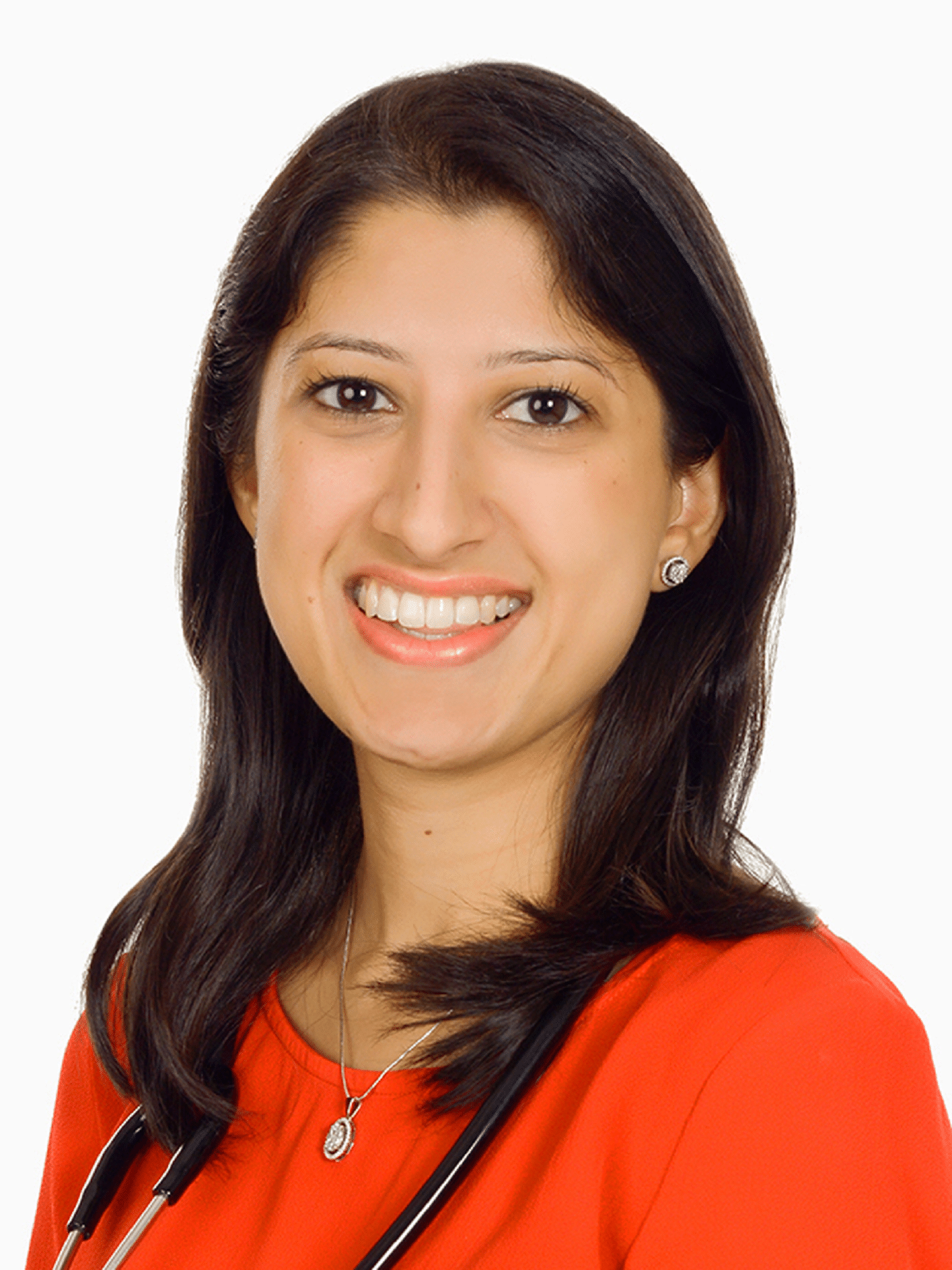What exactly is cancer?
Cancer is a condition where cells in a specific part of the body grow and reproduce uncontrollably, beyond their usual boundaries. The cancerous cells can invade and destroy surrounding healthy tissue.
Cancer sometimes begins in one part of the body before spreading to other areas. This process is known as metastasis.
What are the risk factors involved in getting cancer – is it genetic? environmental?
We all have a certain risk of developing cancer and, unfortunately, many cancers seem to develop for no apparent reason. Certain risk factors are known to increase the chance that one or more of your cells can become abnormal and lead to cancer.
Risk factors include:
- Carcinogens
A carcinogen is a substance, such as a chemical or radiation, which can damage a healthy cell, causing it to change into a cancerous one. Examples of carcinogens include tobacco, ultra-violet radiation from sun or sunbeds and work place carcinogens such as asbestos. Smoking has been linked to cancer of the lung, mouth, throat, oesophagus and bladder. Smoking is thought to cause about 1 in 4 of all cancers. The heavier you smoke, the greater the risk. If you stop smoking, your risk can decrease considerably. - Age
Cancer tends to be more common in older age groups, possibly due to an accumulation of damage to cells over time. Also, the body’s defence mechanisms against abnormal cells can reduce as you become older. - Lifestyle
Obesity and heavy alcohol intake can increase cancer risk. Processed and red meats can be linked to cancer of the bowel and stomach. - Infection
Certain viruses and bacteria are linked to cancers.
– Chronic hepatitis B or hepatitis C infection has been linked to liver cancer.
– The human papilloma virus (HPV) has been linked to cervical cancer. A significant number of women who develop cervical cancer have been infected with a high risk strain of HPV at some point.
– The bacterium Helicobacter pylori has been linked to stomach cancer.
What are the statistics? How likely is the average man/woman to get cancer at some point in their life?
Cancer is the second leading cause of death globally and 1 in 6 deaths are due to cancer. Lung, prostate, bowel and liver cancer are the most common types of cancer in men, while breast, bowel, lung, cervix and thyroid cancer are the most common among women.
How common is childhood cancer?
Childhood cancer is much less common than adult cancer. The most common types of childhood cancer are:
- acute leukaemias, diagnosed in 1 in 3 children with cancer
- cancers of the brain and spinal cord, diagnosed in 1 in 4 children with cancer
Children develop different types of cancers to adults but they often have the same types of treatments.
Are survival rates different for different types of cancer?
Some of the most common cancers, such as breast, cervical, oral and bowel cancer have high cure rates when detected early. Every cancer type requires a specific treatment regime that can encompass surgery, radiotherapy, and/or chemotherapy. At times, palliative care is the treatment of choice where the aim is to relieve, rather than cure, symptoms caused by cancer. Overall, the goal of treatment is to improve a patient’s quality of life.
What can be done to reduce the risk of getting cancer?
Between 30-50% of cancer deaths are thought to be preventable by modifying or avoiding key risk factors. Making some simple changes to your lifestyle can significantly reduce your risk of developing cancer.
- Healthy eating
A diet rich in fruit and vegetables is protective as these foods are rich in vitamins and minerals, and also contain antioxidants. These antioxidants can protect cells against damaging chemicals. - Regular exercise
Exercise is vitally important for the overall health of the body and can reduce obesity. - Stopping smoking
Tobacco use is one of the most important risk factors for cancer and is responsible for approximately 22% of cancer deaths. - Reducing alcohol intake
Moderating alcohol consumption can reduce the risk of mouth, throat, oesophageal and liver cancer. - Vaccinations
Initiatives such as immunisation against HPV (human papilloma virus) and hepatitis B are helpful in reducing the risk factors for cancer. - Radiation
Limiting sun exposure can reduce the risk of developing skin cancers.
Final thoughts
Whilst there is no ‘one best test’ which can diagnose all cancers, attending for regular screening tests is vital in cancer prevention or detection. Cancers which are detected early have a higher chance of cure, which can make a life-changing difference.
Make an appointment with your doctor to discuss any concerns you may have or to discuss if you require any screening tests.

Call 6733 4440 to make an appointment.
































